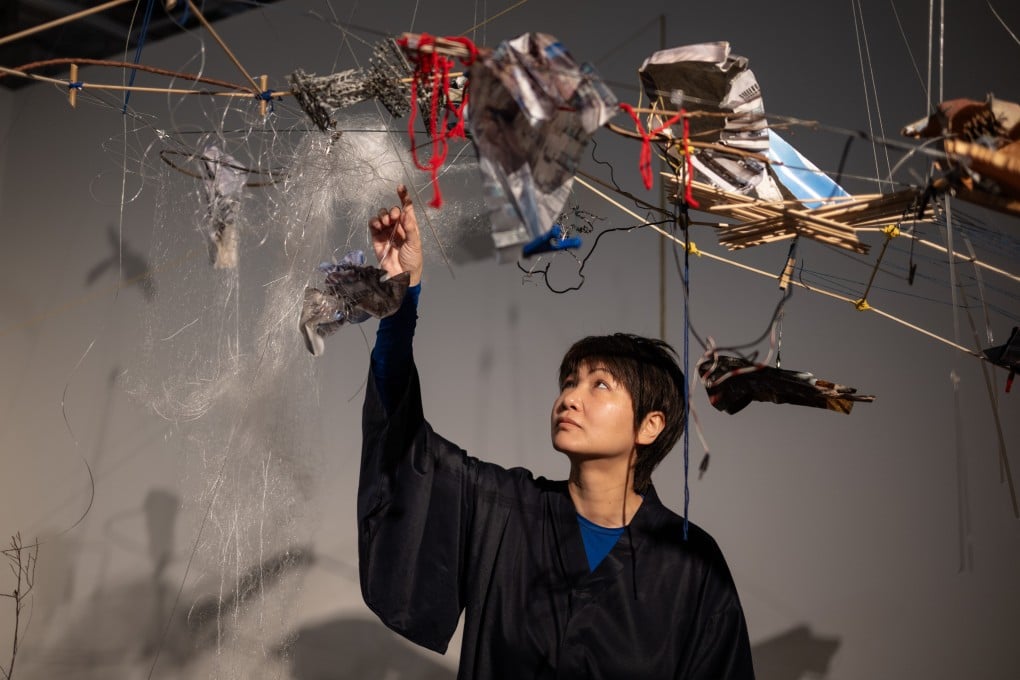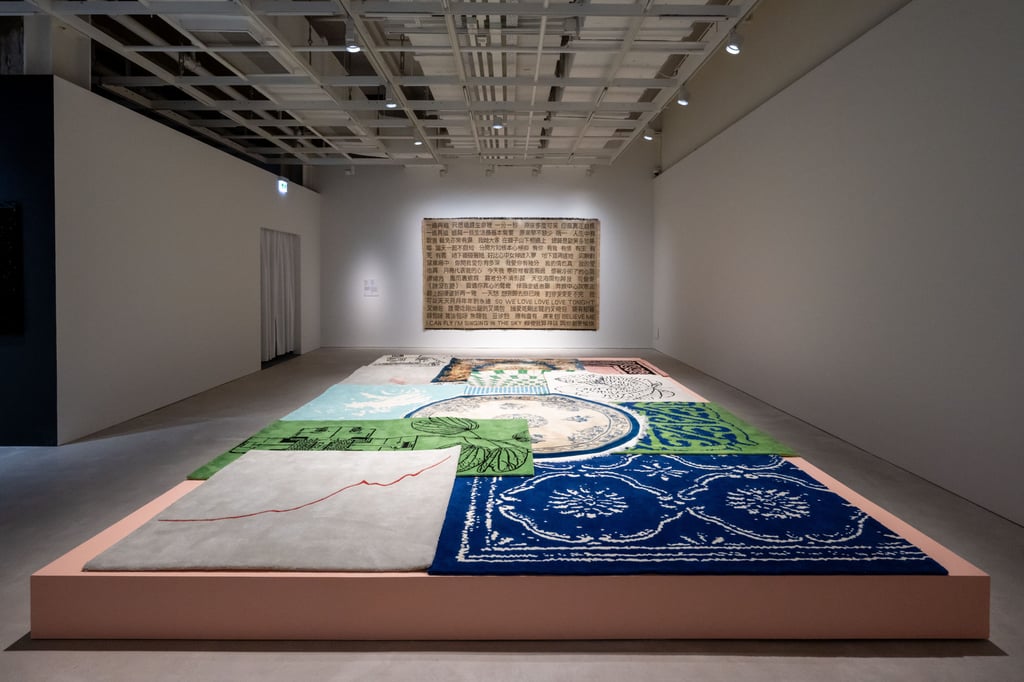Hong Kong art space Chat reflects on city’s past and envisions future in fifth-anniversary show ‘Factory of Tomorrow’
- For its fifth anniversary, Hong Kong’s Centre for Heritage, Arts and Textile at The Mills brings together works by 19 Asian artists for ‘Factory of Tomorrow’
- The exhibition addresses Hong Kong’s evolution from a textile hub, and contemporary issues like sustainability, to imagine where city might be headed

Five years ago, the Centre for Heritage, Arts and Textile (Chat) opened at The Mills in Tsuen Wan, in Hong Kong’s New Territories. A historical landmark, it was once a leading textile factory, and had undergone a four-year transformation.
“In our imagination, in our memory, a factory is a place full of power and energy,” says Wang Weiwei, the curator of exhibitions and collections at Chat.
That is why, as the centre celebrates its fifth anniversary, it hopes to recapture that energy through a group exhibition called “Factory of Tomorrow”, which simultaneously reflects on the past while envisioning what lies ahead.
The exhibition, which runs until July 14, was curated by the Chat team and features textile works, installations, sculptures and videos from 19 Asian artists.

While some have been drawn from Chat’s own collection of contemporary art, others were newly commissioned; all use textiles and materials in some way or form to address topics of concern today, such as sustainability, climate change and ecology.
